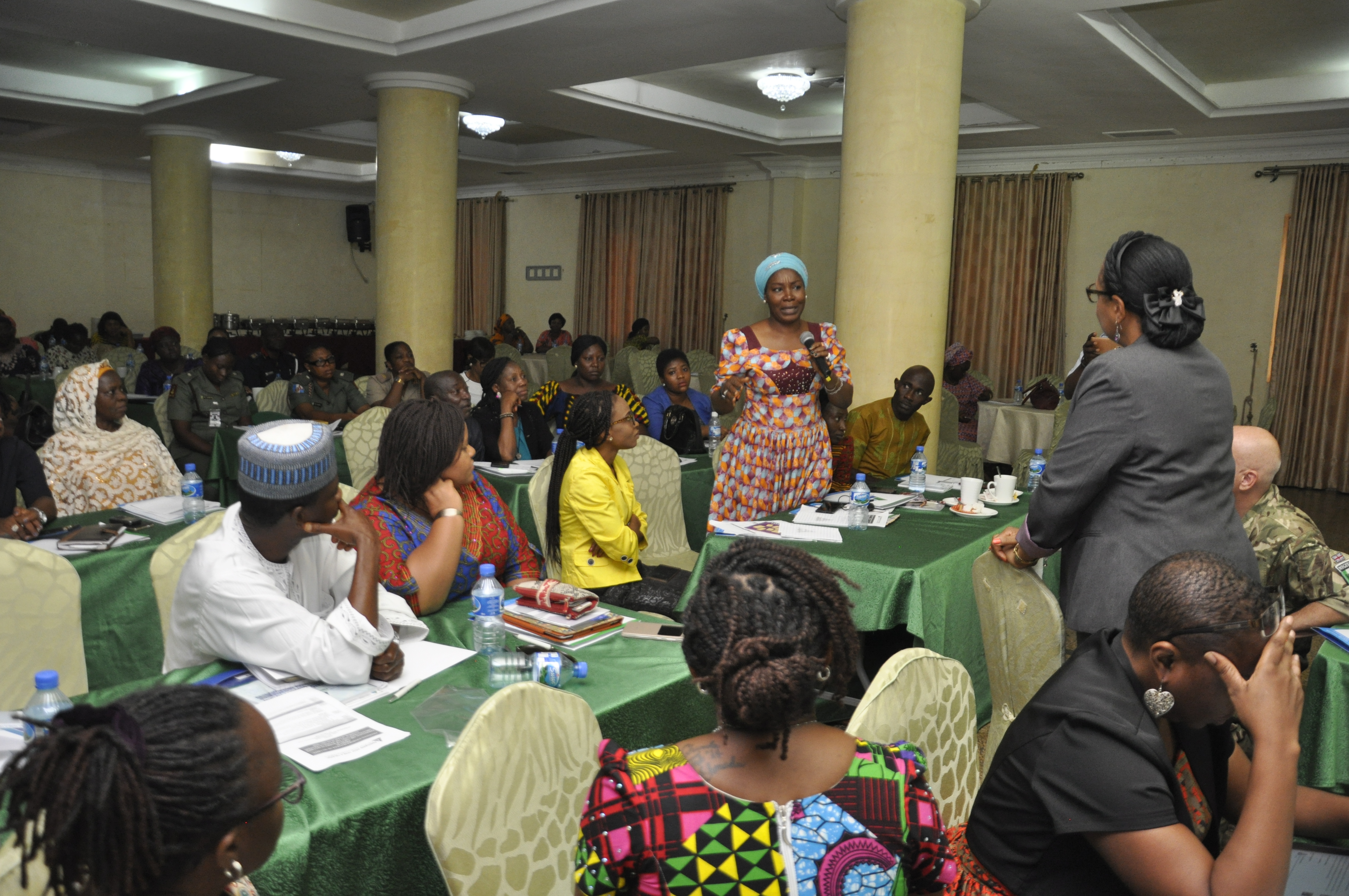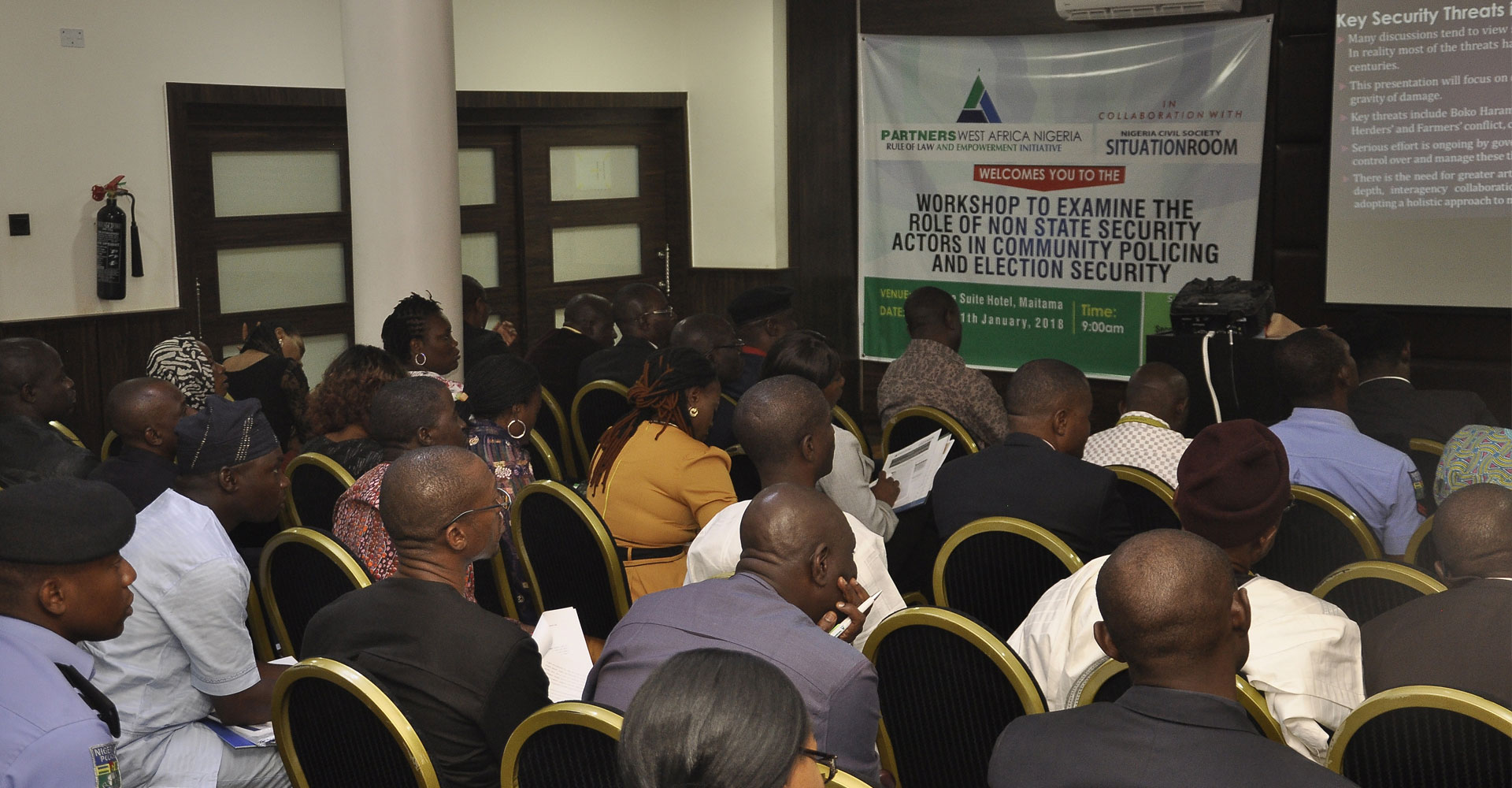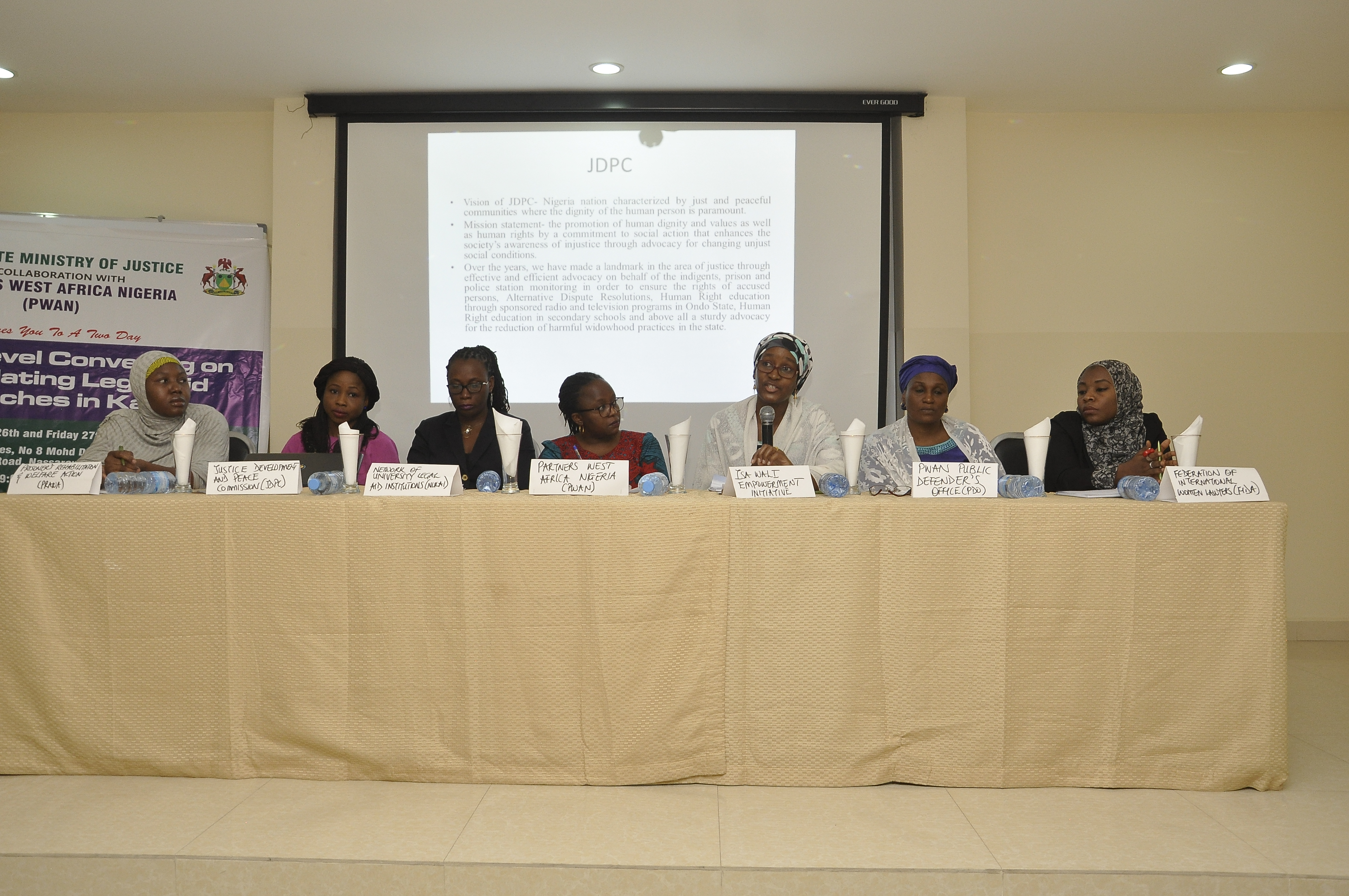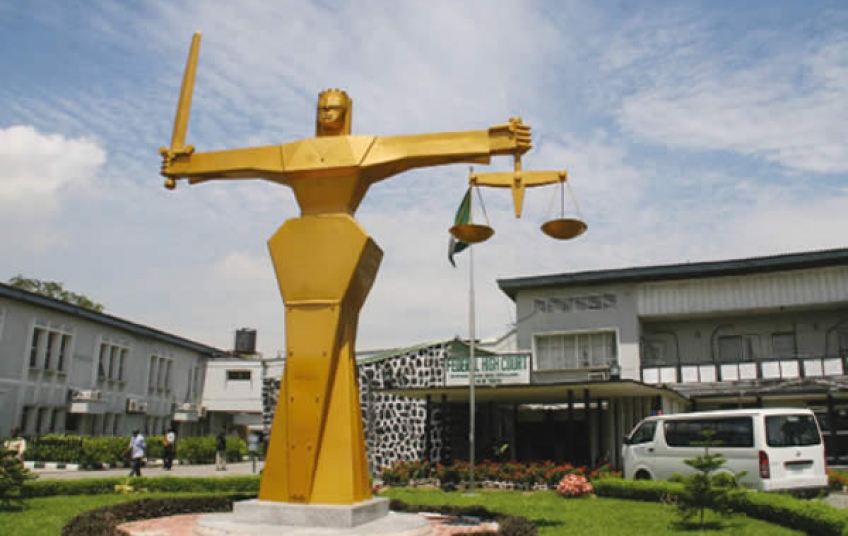
POLICY BRIEF- INCREASING WOMEN’S PARTICIPATION IN POLITICS AND GOVERNANCE
Nigeria’s return to democracy in May 1999 rekindled hopes of having greater women participation in politics and governance. Unfortunately, in the last two decades, not much has been achieved in terms of an expansion of the political space in ways that would allow for the women to insert and assert themselves as active participants. Even though women represent a significant proportion of the...Read More
0

POLICY BRIEF- PRIORITIZING THE VOICES OF WOMEN IN SECURITY USING THE SECOND GENERATION NATIONAL ACTION PLAN (2017-2020)
The role of women in peace and security in Nigeria, as in other parts of Africa, has received very little attention and appreciation. Since the return to democracy in 1999, Nigeria has faced myriads of conflicts – from Boko Haram insurgency in the North East to militancy in the South-South; massacres of persons by herders in the middle belt to kidnapping in the South East; to mention a...Read More
0

POLICY BRIEF- NON STATE SECURITY ACTORS IN COMMUNITY POLICING AND ELECTION SECURITY
PWAN organised a 2-day Policy Dialogue on the Role of Non-State Security Actors in Community Policing and Election Security Management. The objective of the Dialogue was to commence the process of interactions with critical stakeholders on the possible role of non-state security and hybrid security actors in community policing and election security management. The Policy Dialogue, which held...Read More
0

POLICY BRIEF- CONSOLIDATING LEGAL AID APPROACHES IN KANO STATE
One of the projects of Partners West Africa, Nigeria (under its Rule of Law Program Area) is to consolidate the regime of legal aid in Kano State, Nigeria. The organisation, in conjunction with the Kano State Government, organised a 2-day Expert Level Convening on Consolidating Legal Aid Approaches in Kano State between the 26th and 27th of April, 2018. This brief summarizes the findings from...Read More
0

POLICY BRIEF- PREVALENCE OF SEXUAL AND GENDER BASED VIOLENCE (SGBV) IN KANO STATE, NIGERIA
Gender-based violence (GBV) affects different demographic groups. The vulnerable groups in society (namely, women, children, youth, elderly and the physically challenged) are disproportionately affected. GBV has devastating consequences at social, economic, and personal levels because of the physical injuries, psycho social harm and general loss of productivity across different spheres. Read More
1

POLICY BRIEF- CITIZEN’S SECURITY AND THE CHALLENGES OF PROMOTING INFORMED DIALOGUE ON SECURITY IN NIGERIA
The provision of security for citizens, as well as the centralisation and monopolisation of the means of legitimate force constitute the central feature and function of the state. In recent years, the Nigerian security landscape has undergone significant transformation. One of such transformation has to do with the emergence of non-state security actors that function as parallel entities for...Read More
0

POLICY BRIEF- ENHANCING THE USE OF ICT IN COUNTERTERRORISM POLICY AND PRACTICE
There is a very good reason for which ICT is currently having a dramatic impact on human societies on a global scale. One area that such impact is felt is security in general and terrorism in particular. In the light of the foregoing, the United Nations General Assembly, through its Resolution 60/288, set up the Working Group on Countering the Use of the Internet for Terrorist Purposes. The...Read More
0

POLICY BRIEF- NON STATE SECURITY PROVIDERS IN NIGERIA: OPPORTUNITIES AND CHALLENGES
The Rule of Law and Empowerment Initiative (also known as Partners West Africa-Nigeria) commissioned a nationwide mapping of non-state security providers as part of its programme on Promoting Informed Dialogue on Security (PRIDES). The research utilised a combination of key informant interviews (KIIs) and focused group discussions (FGDs) with security personnel, commanders of the Vigilante...Read More
0

POLICY BRIEF:- MEASURES TO STRENGTHEN ACCOUNTABILITY OF JUDICIAL OFFICERS
This brief identifies the background to the Social Accountability Project in the Justice Sector in the Federal Capital Territory, Abuja, and in Kano State in north-west Nigeria. It captures the summary of the major findings; provides justification for the study and findings; and makes recommendations on policies for implementation to aid access to courts, engender accountability and ensure...Read More
1
